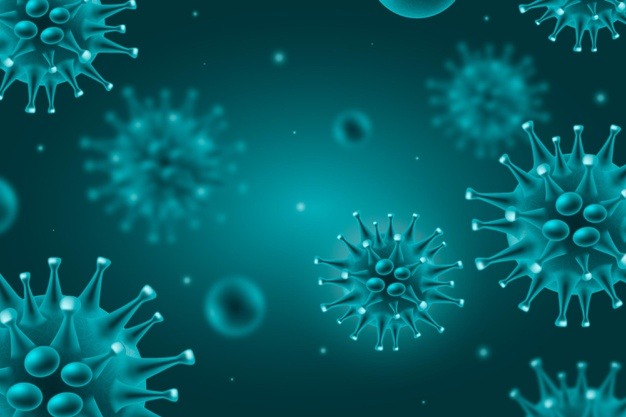he rapid spread of a new variant of coronavirus has been blamed for the introduction of strict tier four mixing rules for millions of people, harsher restrictions on mixing at Christmas in England, Scotland and Wales, and other countries placing the UK on a travel ban.
So how has it gone from being non-existent to the most common form of the virus in parts of England in a matter of months?
The government's advisers on new infections now say they have "high" confidence that it is more able to transmit than other variants.All the work is at an early stage, contains huge uncertainties and a long list of unanswered questions.
As I've written before, viruses mutate all the time and it's vital to keep a laser focus on whether the virus' behaviour is changing.
Why is this variant causing concern?
Three things are coming together that mean it is attracting attention:
-It is rapidly replacing other versions of the virus
-It has mutations that affect part of the virus likely to be important
-Some of those mutations have already been shown in the lab to increase the ability of the virus to infect cells
All of these come together to build a case for a virus that can spread more easily.
However, we do not have absolute certainty. New strains can become more common simply by being in the right place at the right time - such as London, which had only tier two restrictions until recently.
But already the justification for tier four restrictions is in part to reduce the spread of the variant.
"Laboratory experiments are required, but do you want to wait weeks or months [to see the results and take action to limit the spread]? Probably not in these circumstances," Prof Nick Loman, from the Covid-19 Genomics UK Consortium, told me.
How much faster is it spreading?
It was first detected in September. In November around a quarter of cases in London were the new variant. This reached nearly two-thirds of cases in mid-December.
You can see how the variant has come to dominate the results of testing in some centres such as the Milton Keynes Lighthouse Laboratory.
Mathematicians have been running the numbers on the spread of different variants in an attempt to calculate how much of an edge this one might have.
But teasing apart what is due to people's behaviour and what is due to the virus is hard.
The figure mentioned by Prime Minister Boris Johnson was that the variant may be up to 70% more transmissible. He said this may be increasing the R number - which indicates if an epidemic is growing or shrinking - by 0.4.
That 70% number appeared in a presentation by Dr Erik Volz, from Imperial College London, on Friday.
During the talk he said: "It is really too early to tell… but from what we see so far it is growing very quickly, it is growing faster than [a previous variant] ever grew, but it is important to keep an eye on this."
There is no "nailed on" figure for how much more infectious the variant may be. Scientists, whose work is not yet public, have told me figures both much higher and much lower than 70%.
But there remain questions about whether it is any more infectious at all.
"The amount of evidence in the public domain is woefully inadequate to draw strong or firm opinions on whether the virus has truly increased transmission," said Prof Jonathan Ball, a virologist at the University of Nottingham.
How far has it spread?
It is thought the variant either emerged in a patient in the UK or has been imported from a country with a lower ability to monitor coronavirus mutations.
The variant can be found across the UK, except Northern Ireland, but it is heavily concentrated in London, the South East and eastern England. Cases elsewhere in the country do not seem to have taken off.
Data from Nextstrain, which has been monitoring the genetic codes of the viral samples around the world, suggest cases in Denmark and Australia have come from the UK. The Netherlands has also reported cases.
Story Source >https://www.bbc.com/news/health-55388846

 An update on the second strain of Covid
An update on the second strain of Covid










.jpeg)



.jpg)




.jpg)





.jpeg)

.jpg)


